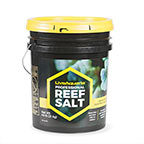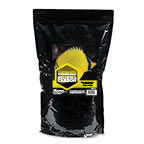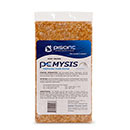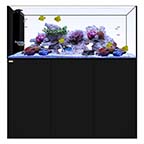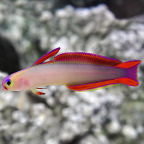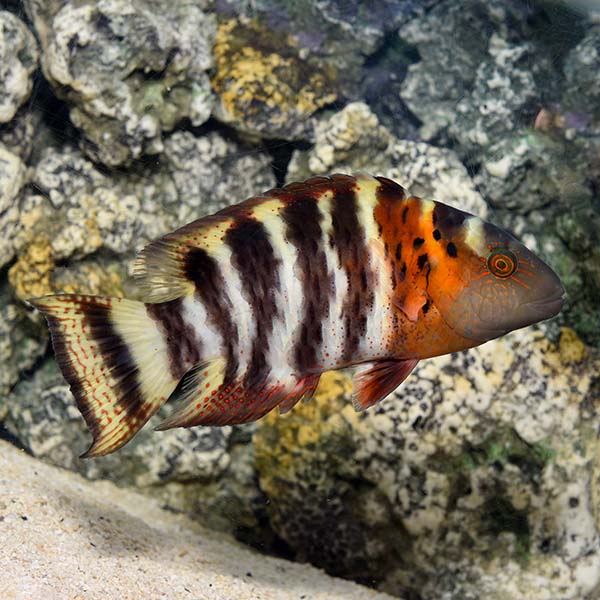
Additional locales and sizes may be available!
Additional locales and sizes may be available! Email me when availableQuick Stats
What do these Quick Stats mean? Click here for more information
What do these Quick Stats mean? Click here for more information
Overview
While the Red Breast Wrasse can grow rather large, they are generally a shy species and should only be housed in an appropriately large aquarium with other non-aggressive fishes to avoid being bullied. They are known to move sand around in search of food and will eat hard shell inverts and sometimes small fish.
The Red-Breast Wrasse is commonly found roaming alone in lagoons and inner reefs, along reef edges and rubble piles, and can often be seen resting on the sea bed. Feed a prepared plankton diet to mimic their common natural diet.
Approximate Purchase Size: Small: 2" to 3"; Medium: 3" to 5"; Large: 5" to 7"; XLarge: 7" or larger.



